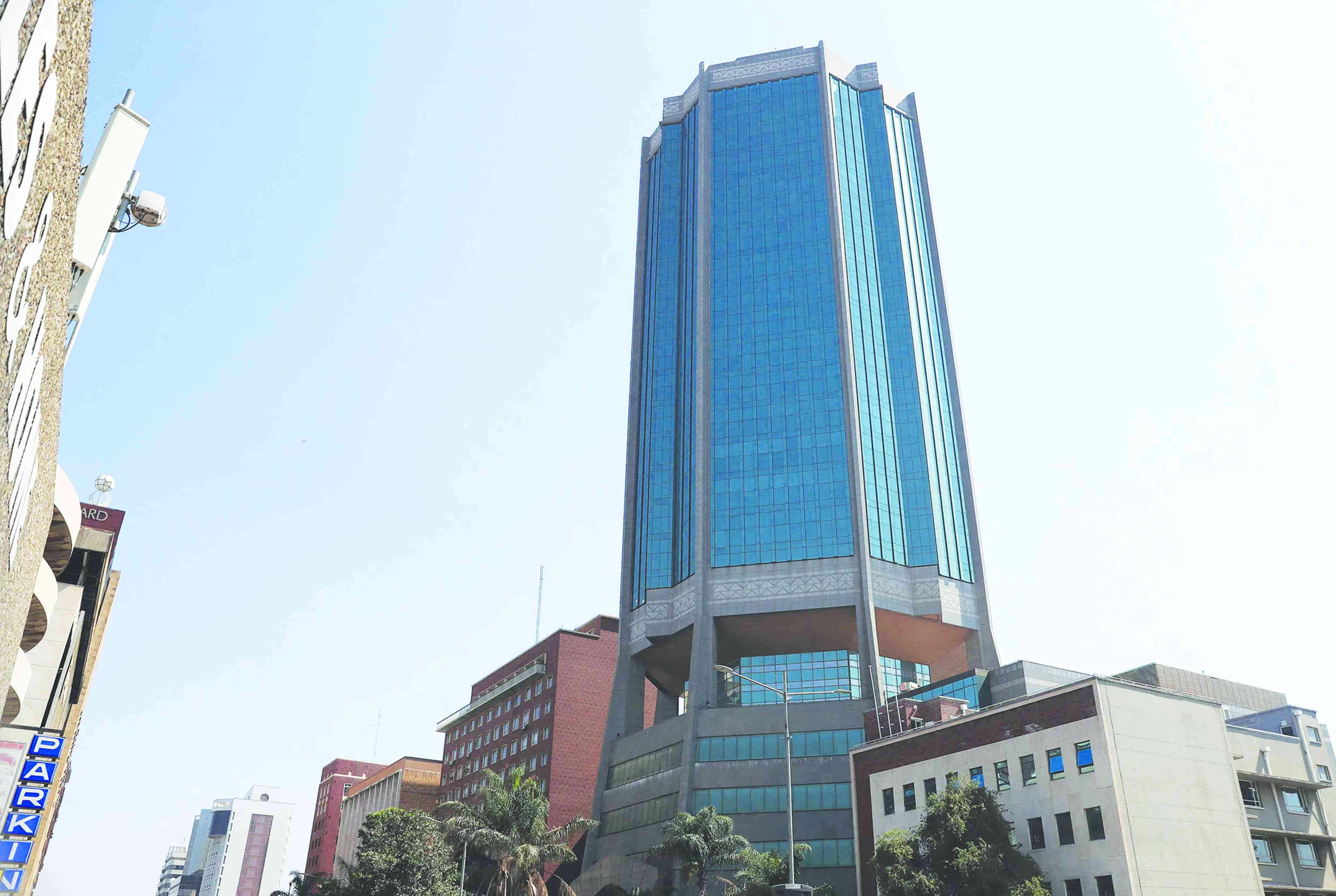A VICTORIA Falls based anti-poaching organisation has warned that poaching levels could rise this year, with the El Niño-induced drought triggering more incidences of human-wildlife conflict.
Nathan Webb, managing director at Wildlife Conservation Coalition, said recently that with pastures expected to run out because of southern Africa’s worst drought in recent years, animals were likely to move closer to human settlements this year.
But they were likely to be killed by poachers, he noted.
The impact of this year’s drought - which has hit six southern African countries — is already being felt in Zimbabwe, where thousands of cattle have died due to lack of water and diminishing pastures in districts like Bulilima, Matabeleland South.
“This is going to be a tough year, mark my words,” said Webb, who spoke to reporters in Victoria Falls about the state of poaching in Zimbabwe’s prime destination for tourists.
“Predictions (for rainfall) are not looking good. We are not expecting (enough) rains for the rest of this year. As you can see the bush around you should be lush green in February, but it is now wilting, which is unheard of.”
Keep Reading
- Mavhunga puts DeMbare into Chibuku quarterfinals
- Bulls to charge into Zimbabwe gold stocks
- Ndiraya concerned as goals dry up
- Letters: How solar power is transforming African farms
However, following a difficult February in which many crops became a complete write off, some parts of the country received rains this week.
Webb added: “This year will be very challenging for animals in the bush. Animals are moving close to establishments (human settlements) because some houses have nice green lawns and animals are drawn to that. That close proximity can increase the risk of poaching due to scarce water and scarce food. Heat will be high and so will be poaching”.
Human-wildlife conflict is already high in Zimbabwe, where the population of some animals already exceeds wildlife sanctuaries’ carrying capacity.
Conservationists believe that Zimbabwe's elephant population for instance, is above 100 000, more than twice its ecological carrying capacity of approximately 45 000.
The country boasts the second highest elephant population in the world, behind Botswana, and almost 25% of the continent's total, according to some estimates.
Webb said the organisation was exploring several ways to improve its anti –poaching interventions.
He said his organisation currently had three cameras for monitoring animals.
But it was looking for sponsorship to increase the number to 20, which will cover wider geographical areas.
Apart from Zimbabwe, poaching has remained a major global concern, with experts saying many animal species are threatened with extinction.
Wildlife authorities have said at the height of the Covid-19 outbreak, poaching cases increased locally, as a result of a decline in economic activities and the wipe out of incomes as companies closed.
According to the Global Poaching Vortex, sophisticated syndicates have escalated poaching across the world.
In some countries, game rangers and customs officials have been working with poachers, making it difficult to combat the crisis.
Communities living close to national parks have also been accused of abating the poaching scourge.
But in Zimbabwe, several programmes have been put in place to educate communities about the advantages of protecting wildlife.
Large-scale poachers primarily target elephants, rhinoceroses, and tigers, among other creatures.
These are some of the attractions to tourists visiting Zimbabwe.
Tourism officials in Victoria Falls said arrivals were improving.
Anald Musonza, head of sales and marketing at Africa Albida Tourism said the firm had recorded sharp increases in domestic arrivals since the end of Covid – 19.
“Covid was a rude awakening to the whole industry,” Musonza said.
“Victoria Falls was perceived as a destination for international tourists. So when borders were closed, even the locals couldn't travel outside so they had to travel locally.”
“Since then we have seen the culture of traveling locally has improved in the country. So, domestic tourism has actually been on the rise,” Musonza said.
He added that operators were returning to the local market and coming up with promotions that are tailored to the market’s needs.
“One of the things we have done is to go back into the local market with promotions that speak to the local market, which are packaged for the local market. This also ensures people come through locally and be able to experience this destination,” Musonza added.





